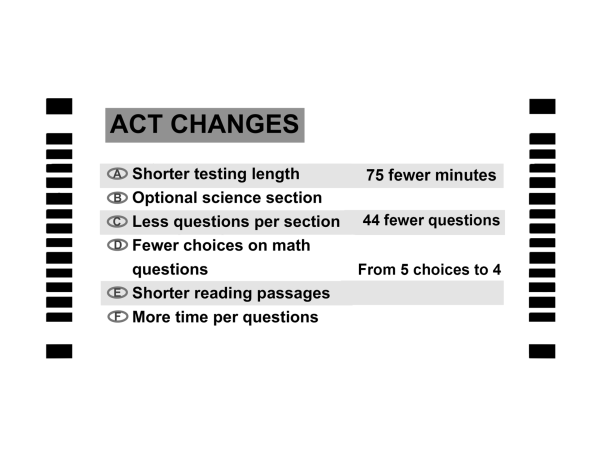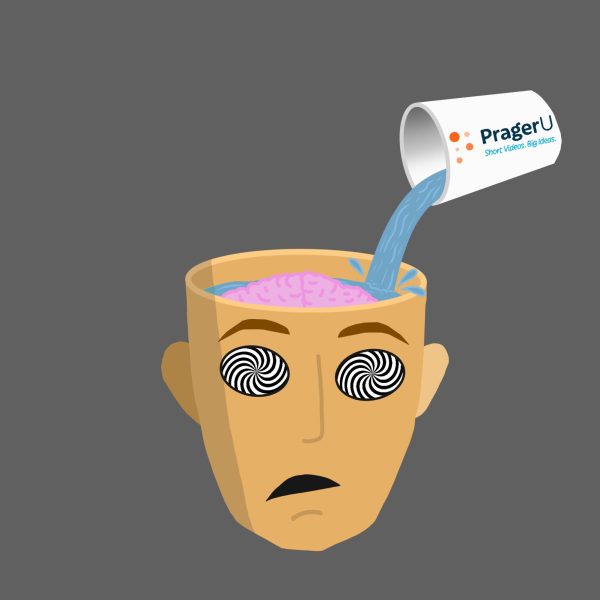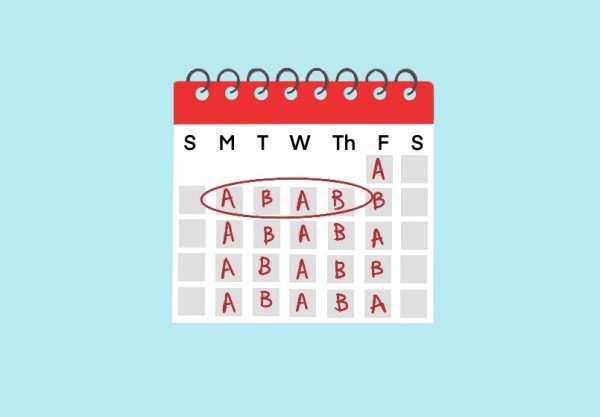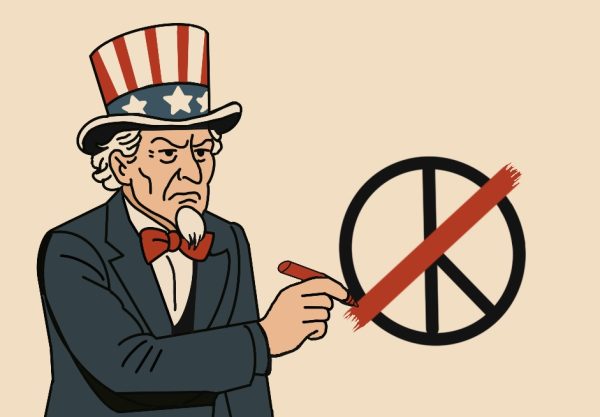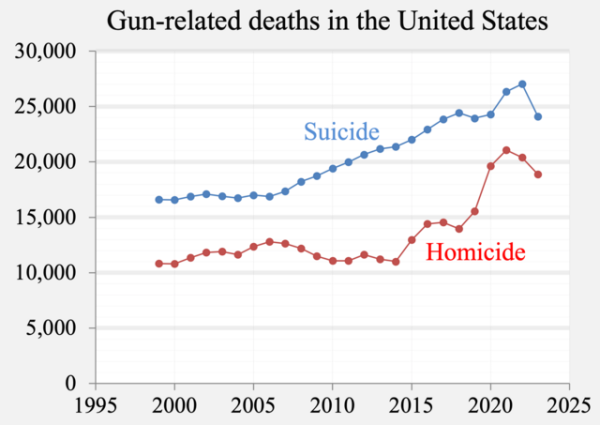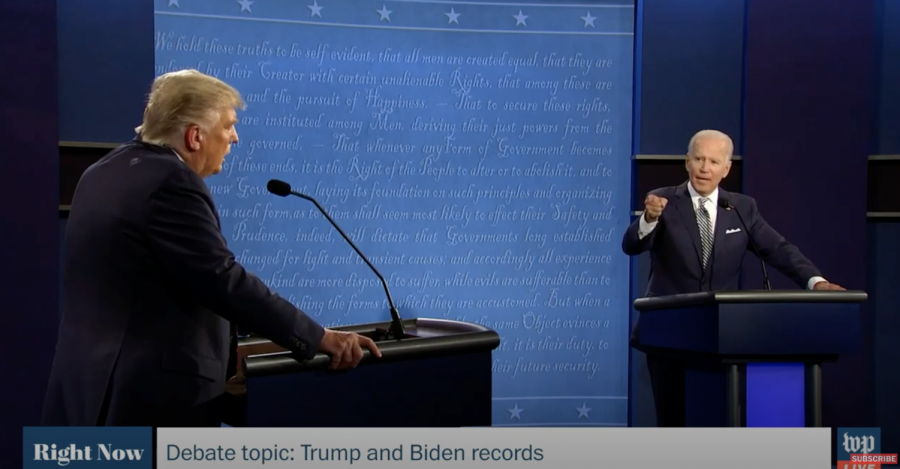Despite fireworks, first presidential debate unlikely to sway voters
President Donald Trump and former Vice President Joesph Biden spar on the debate stage at Case Western Reserve University. The debate was full of interruptions and personal jabs by both candidates.
The first of three 2020 presidential debates between incumbent President Donald J. Trump and former Vice President Joesph R. Biden was full of consistent insults and raucous interruptions. Both candidates debated a variety of issues at Case Western Reserve University on Sept. 29.
The debate, moderated by Fox News anchor Chris Wallace, was designed to address six policy areas: the Supreme Court, COVID-19, the economy, race relations, climate change and the integrity of the election. By any stretch of the imagination, any semblance of the structure was lost within the first four minutes.
The first section, centered around the Supreme Court, almost immediately shifted to attacks on the healthcare policy and reproductive rights. Keeping with the same strategy from 2016, President Trump interrupted both Biden and Wallace to such an extent that Wallace directly appealed to the president.
Usually known for his aggressive debating style, Vice President Biden mainly attempted to remain above the fray of attacks from Trump. Even with this strategy going into the debate, an increased barrage of interruptions lead Biden to tell Trump to “shut up” while discussing the Supreme Court.
The rest of the hour and thirty-minute debate followed much of the same cycle. At the beginning of each new topic and a supposedly uninterrupted two-minute speech from each candidate, an open discussion would begin. Trump took this time to launch personal attacks on Biden while the Biden attempted to stay on topic and speak directly to the audience.
Even when policy discussion was woven in between personal jabs, little changed on the stances of the candidates. President Trump argued against the “radical left” while Biden focused on Trump’s record and the idea of unity.
Known for unnecessary gaffs and fumbles in the democratic primary debates, Biden did a much better job of articulation and presentation. Despite this improvement, it is unlikely that the Biden will win any new support because of his delivery.
The time in the debate most likely to sway any undecided voters came during the section on race in America. Wallace directly asked President Trump if he would condemn white supremacists for violent acts. The president’s only response after asking which group he should address was to tell the “Proud Boys” a neofascist militia group to “stand by” before attacking ANTIFA and saying that most of the violence came from the left.
Even with the president’s refusal, it is unlikely that any voters were swayed, given Trump’s history of commending white supremacists and militias, going back to 2017.
As the debate came to a close, the personal attacks ramped up with the president repeatedly attacking the Biden’s son Hunter Biden and stating that he didn’t know of Beau Biden, the late son of Joe Biden wo passed away from cancer after serving in Iraq.
In keeping with practice, the president continued to argue with both Wallace and Biden after the debate had officially ended. In totality, the hour and thirty-minute long endeavor most likely failed to push voters one way or another and probably left them tired more than anything.
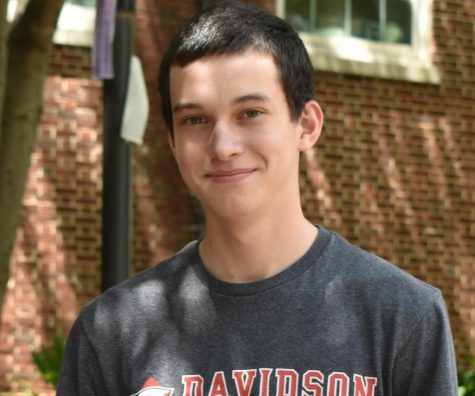
George is in his fourth year of the journalism pathway and has been a Southerner editor for three years now. Along with spending long hours at late nights,...

